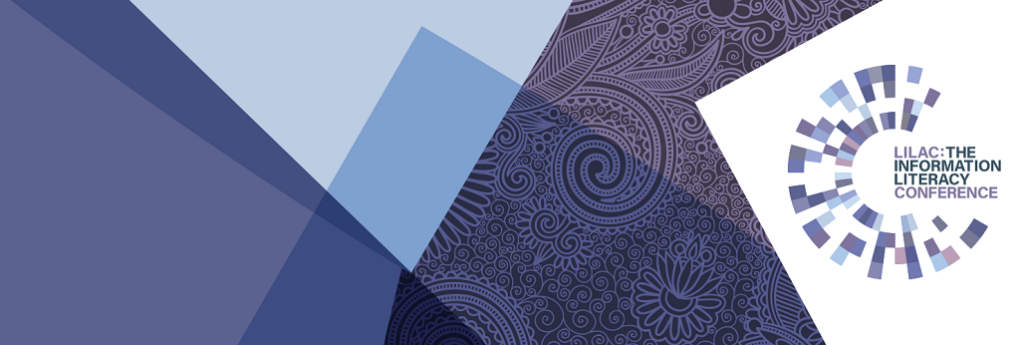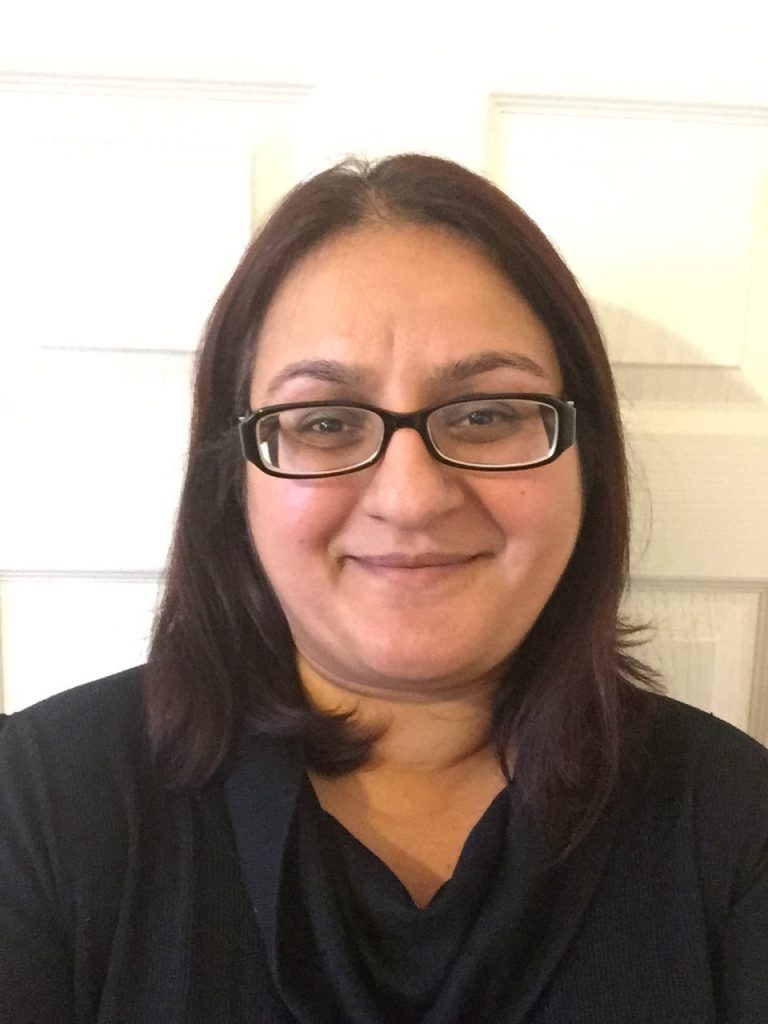
In April, two members of the ILG New Professionals subcommittee attended the 3 day LILAC conference in Manchester. Katie Wise and Frankie Marsh discuss what they enjoyed, learned and will take away from the conference.
What was your favourite thing about LILAC?
Frankie: My favourite thing was meeting and talking to people in person! For example, I’ve been working with Katie on the CILIP ILG New Professionals subcommittee for the past year on Teams but this was the first time we’d seen each other face to face. I enjoyed all of the informal conversations, reflections and sharing of ideas & experiences which happens so much more naturally at in-person events.
Katie: I loved the support and community spirit of so many librarians being together. Hearing everyone’s experiences and projects made me feel like part of a wonderful, interesting sector.
What ideas will you try in your own organisation?
Katie: I learnt so much! One of the ideas we’ve done since is to run a writing event in the library to support researchers and students with their upcoming assignments, providing reserved spaces and tips and tricks for writing.
Frankie: I felt really inspired by Elizabeth Brookbank’s session on developing leisure reading collections in academic libraries to support students as whole people. The findings from her interviews and observations were really interesting (94% of participants read for fun and almost 70% prefer reading in print format) and I am hoping to pilot a collection like this in the library where I work. I also took lots of tips from Maria King’s session on supporting neurodivergent learners about preferred terminologies and proactively making adjustments for teaching inclusively.
Which session did you find most useful/enjoy the most?
Frankie: I can’t choose just one- sorry! As a new professional, gaining an insight into the practical parts of teaching in libraries was invaluable; for example, Edinburgh University’s librarian consultations, the One Minute Paper used by Rebecca Maniates as method of assessment and the Royal College of Nursing’s user guides in PDF, video and interactive format. The ideas that stayed with me, however, were less about the practicalities of teaching and more about the sociocultural aspects of information literacy interventions and how they challenge deficit thinking about learners’ information practices. For instance, Ruth Jenkins and Christine Love-Rogers reflected that the value of librarian consultations was often to affirm postgraduate students’ existing literature search strategies rather than offering completely new information. Similarly, Rebecca Maniates used the One Minute Paper as an opportunity to validate students’ questions and extend their learning process with a librarian by beginning a personal dialogue through a follow-up email. Cathryn Peppard and Alan Chalkley learned from their UX work that the RCN library users’ preferences for format of self-service guidance always came down to speed of access, but there was no consensus on which format was best for obtaining information in the shortest amount of time!
I also particularly enjoyed Amanda Belantara and Emily Drabinski’s session on ‘Sounding the radical catalog’ which presented an audio composition of cataloguers thinking aloud as they work, drawing attention to the invisible labour of cataloguing with all of its frustrations, decision-making and compromises. In the past, I’ve found that polar researchers and students are really interested and engaged in the politics of subject headings and classification, and I thought the Catalogers at Work project could be a really successful teaching tool to make the power of knowledge organisation audible.
Katie: Every session I went to was really helpful and interesting! One example was Sarah Pavey’s session on “What if no one had information literacy skills?” – I had never thought about it in this way and it’s really helpful to use when explaining what info lit is.
Would you go again?
Katie: Absolutely. I hope one day my work is good enough that I could attend as a presenter…
Frankie: I’m really grateful to the LILAC committee for the Rowena Macrae-Gibson award which enabled me to attend the conference this year, and I would love to go again! In the final session it was announced that LILAC 2023 will be taking place in Cambridge, where I work, so I hope that it might be possible.


